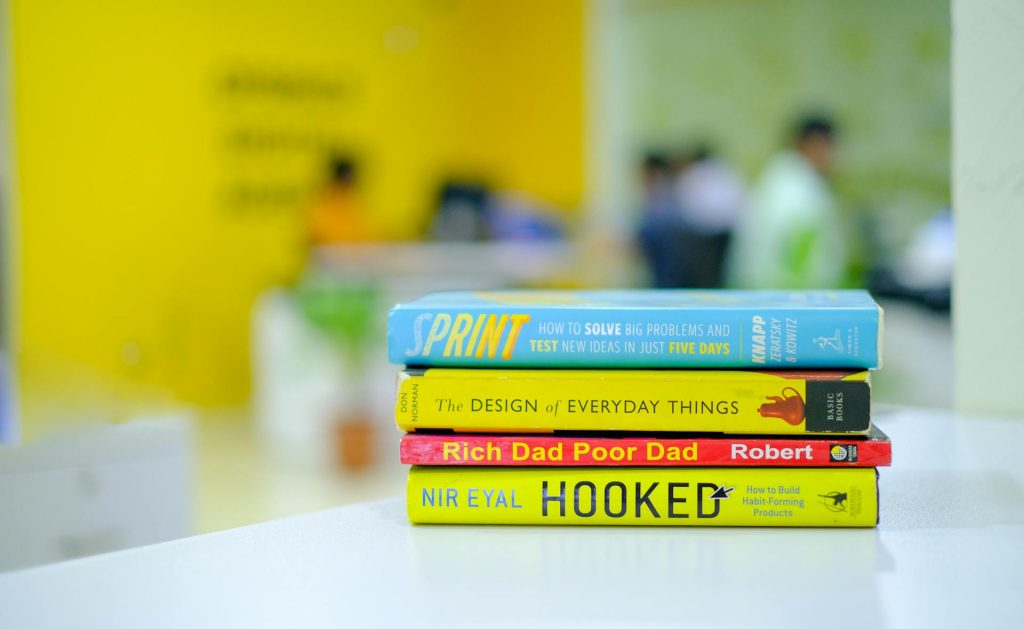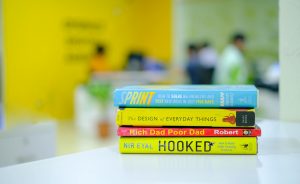At some point, after reading 10–15 self-help books, you start to notice a pattern. The same ideas are recycled, the same motivational tone is used, and yet—your life remains more or less the same. Instead of feeling empowered, you start feeling paranoid, cynical, and even frustrated.
Why does this happen?
1. False Hope Fatigue
Each book promises transformation—“Just change your mindset!” “Follow these 5 steps and succeed!” But after implementing their advice and seeing little to no major results, you keep chasing the next book, hoping this one will be the real game-changer. Spoiler: It won’t be.
2. Overloading Without Action
Self-help books are easy to read but difficult to apply. Reading them gives a temporary dopamine boost, making you feel like you’re growing. But real change requires uncomfortable action, discipline, and consistency—things a book alone can’t give you.
3. Contradictory Advice
One book says hustle hard, another says rest and manifest. One says be disciplined, another says go with the flow. The more you read, the more you realize self-help isn’t a universal formula—it’s just different perspectives that may or may not work for you.
4. Pseudoscience Disguised as Wisdom
A lot of self-help books rely on half-baked science, cherry-picked studies, or outright myths to make their points sound credible. Concepts like “rewiring your brain in 21 days” or “manifesting success by thinking positively” often have little real scientific backing. These claims sound empowering but set unrealistic expectations that lead to frustration when they don’t work.
5. You Are the Product
Many self-help authors make money by keeping you in a loop of “just one more book” rather than helping you break free. If a book truly solved your problems, you wouldn’t need another one. That’s why the self-improvement industry thrives—it keeps you believing you’re one step away from success.

6. Life Is Messy & Unpredictable
Self-help books oversimplify human struggles. They create neat formulas for complex emotions, challenges, and setbacks. But real life doesn’t work that way. You can’t always think and grow rich or atomic habit your way out of every problem. Some things take time, luck, and resilience beyond what any book can teach.
So, What’s the Alternative?
Self-help books aren’t useless, but they should be a tool, not a crutch. Instead of endlessly consuming, start:
✅ Applying one lesson at a time and measuring real impact
✅ Focusing on action, not just inspiration
✅ Accepting that personal growth is slow, messy, and non-linear
At the end of the day, no book will “fix” you—only action, self-awareness, and persistence will.


